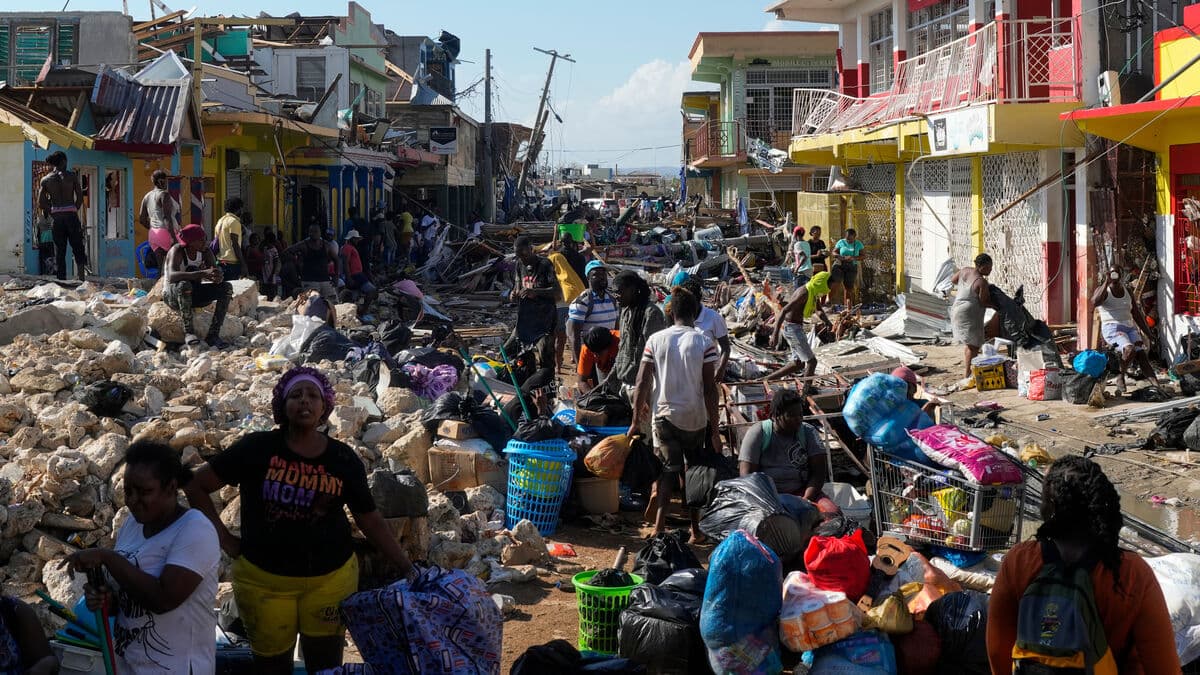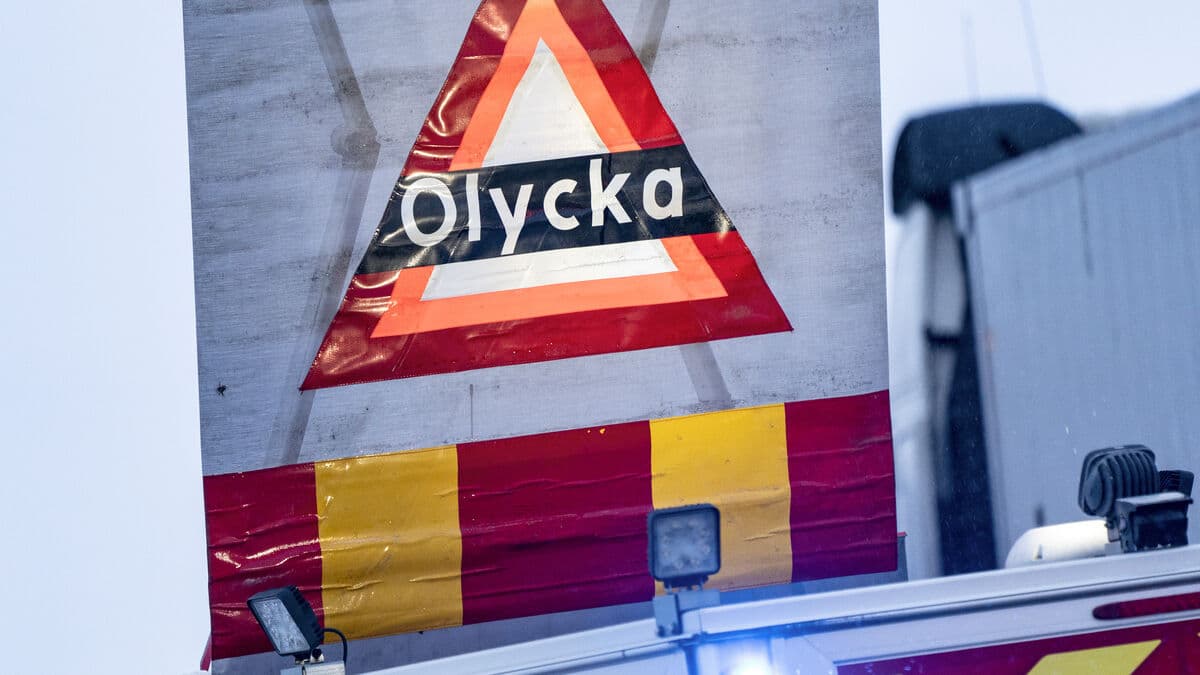Several days of torrential rain, storm surges and catastrophic flooding have followed in Melissa's wake on the Caribbean islands.
The worst situation is in Jamaica, which was hit by Hurricane Melissa at the height of the storm. Large areas are completely destroyed, houses have collapsed, crops are destroyed, schools and hospitals are closed, and electricity, internet and other infrastructure are completely or partially out.
People have lost everything, says Lenay Alexandra Blason.
They need food, hygiene items, clean water, medicines and access to healthcare.
Difficult to reach
UNICEF's team on the islands is currently assessing the needs. Many of the hardest-hit communities are difficult to reach due to damaged infrastructure and ongoing flooding. In Jamaica alone, it is estimated that there are at least 380,000 children in need of assistance.
In Haiti, Melissa has claimed 20 lives, 10 of which were children. The number of children in need of help is estimated to be around 200,000.
In Cuba, there may also be several hundred thousand children in need, but the figures there are more uncertain.
Cuba is difficult because we only have what the government tells us to go on. But we know that they had problems with power outages and epidemics even before Melissa arrived, says Lenay Alexandra Blason.
The need for assistance in the Dominican Republic is also described as extensive.
Risk of dengue fever
At the same time, there is a race against time to stop the water-borne diseases that risk breaking out after the floods. Wastewater risks contaminating drinking water and feeding mosquito-borne diseases such as dengue fever.
In the worst case, it could lead to a disaster.
Many schools in the Caribbean islands are closed, partly because that is where many victims have been evacuated and because roads have been washed away. According to Unicef, there are still families stuck in shelters with poor access to clean water and toilets.
It will take a long time to restore all the devastation, says Lenay Alexandra Blason.






